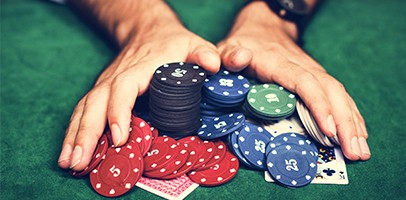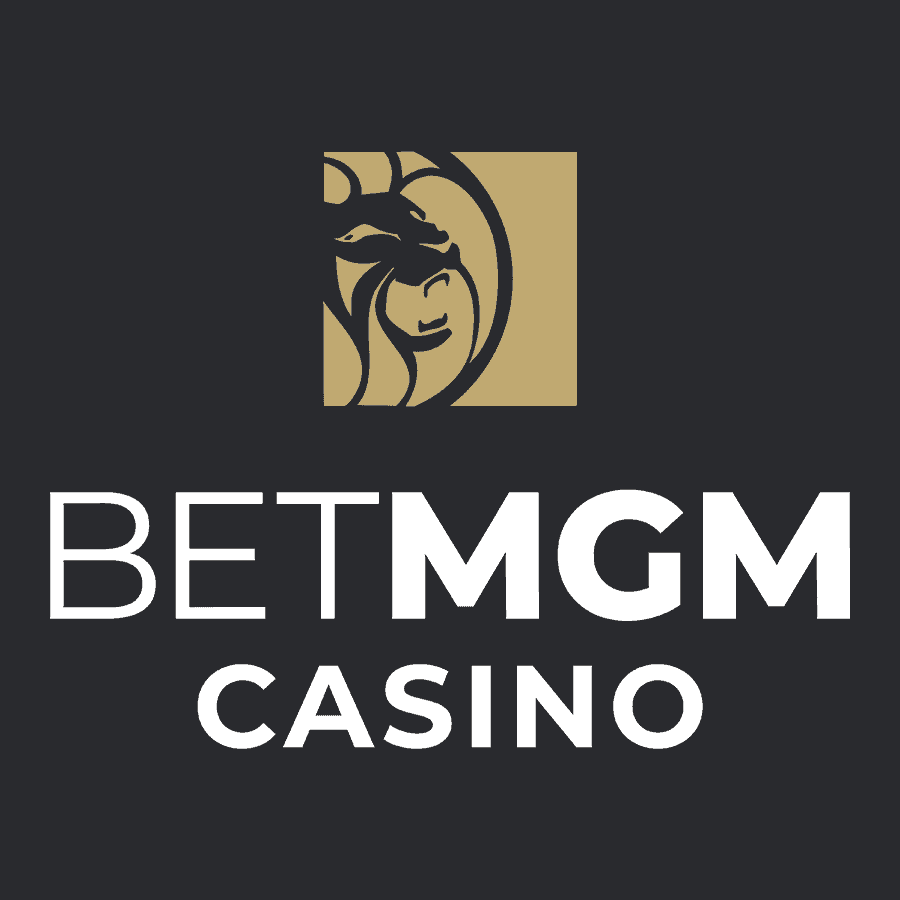Responsible Gambling In NJ

Gambling can be an enjoyable activity when done in a safe and responsible manner. However, when it starts to go beyond fun, that is when there may be a problem. Gambling can give rise to addiction if not handled responsibly. In this guide, we give you some tips on how to recognize addiction and what to do if you detect these signs in yourself or a loved one.
Responsible Gambling
When gambling in NJ, both players and service providers have a duty to ensure that it is done in a responsible manner. This includes knowing when to walk away and excluding a player from participating in gambling activities if any worrying signs are detected.
Below are some of the obligations of providers when it comes to providing a safe and responsible gambling environment:
- Underage gambling, which involves minors under 21, is illegal and should never be allowed under any circumstances.
- If a player starts to show signs of irresponsible gambling, the provider should not hesitate to exclude them from the activity.
- All gambling activities should be kept private and confidential, and players have the right to stay anonymous.
- The same goes for players’ financial data. All deposits and withdrawals should be subject to stringent security procedures to ensure that private data remains just that: private.
- Any form of marketing or advertising must not target underage individuals and those who are vulnerable to developing an addiction.
- If a player runs into any problem or has a concern while participating in any activity, they have the right to lodge a formal complaint to get their concerns investigated and resolved.
Signs of Gambling Addiction
It can be tricky to detect addiction as there are no physical symptoms. Below are some signs that someone may be addicted to gambling:
- Spending and losing more than they can afford to on gambling
- Putting more and more money into gambling activities to experience the “high”
- Failure to withdraw from gambling activities or cut down on the amount of time they are spending on it
- Borrowing money to spend on gambling
- Omitting or lying about their participation in gambling activities
- Personal relationships suffering negatively as a result of gambling
- An obsession that results in withdrawal symptoms such as irritability when prevented from gambling
- Using gambling as an escape from traumatic life events
Seeking Help for A Gambling Addiction
If you suspect that you or a loved one may be suffering from gambling addiction, do not hesitate to seek help immediately. There is no shame in seeking help – by doing so as soon as possible, you are preventing the problem from escalating.
Below are some online forums where you can get answers about gambling addictions:
If you need urgent help, below are some hotlines you can call:
- National Problem Gambling Helpline: tell:18005224700
- Council on Compulsive Gambling of New Jersey: tell:6095885515
Remember that as soon as gambling becomes more than just a “fun” pastime you can easily do without, there may be a problem. Cease all gambling activities immediately and seek help if you suspect you have an addiction.


